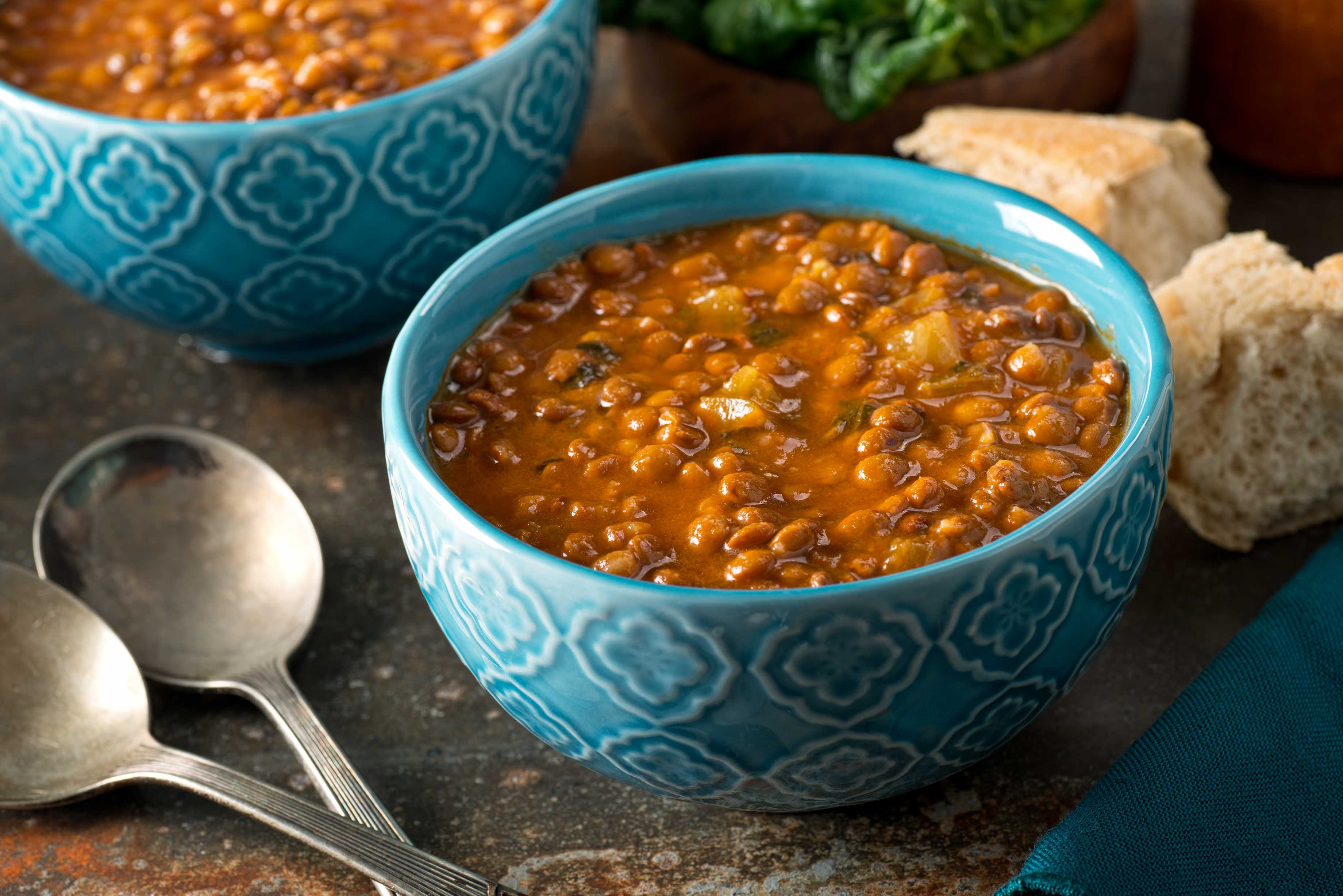
HARVARD HEALTH PUBLISHING Q&A: POLYMYALGIA RHEUMATICA
What is the prognosis for polymyalgia rheumatica?
Answered by Dr. Robert H. Shmerling
M.D. Senior Faculty Editor, Harvard Health Publishing · 30 years of experience · USA
The prognosis for polymyalgia rheumatica is quite good. Effective treatment is available and most people with the condition improve quickly. The prognosis may be negatively affected by: • Pain that limits function and motion – For example, if a person with polymyalgia rheumatica doesn’t move their shoulders much due to pain and stiffness, the shoulders can become “frozen” with limited motion even after treatment. Regaining motion can be difficult and often takes a long time. • Medication side effects – Low-dose steroid treatment is standard, first-line treatment but despite the low dose, steroids can cause a number of troublesome side effects. Long-term treatment is typically necessary, including a gradual reduction in steroid dose over several years or more. • The development of giant cell arteritis – Some people diagnosed with polymyalgia rheumatica also have (or later develop) giant cell arteritis, a condition in which large blood vessels become inflamed. Giant cell arteritis can cause vision loss, stroke or other serious problems and requires higher doses of corticosteroids and/or other immunosuppressive medications.
→ Learn more about polymyalgia rheumatica: See the causes, symptoms, treatment options and more.
→ See more questions and expert answers related to polymyalgia rheumatica.
Are there any natural treatments for polymyalgia rheumatica?
Answered by Dr. Robert H. Shmerling
M.D. Senior Faculty Editor, Harvard Health Publishing · 30 years of experience · USA
Standard treatment for polymyalgia rheumatica is low dose corticosteroid medication in gradually reducing doses over many months (or even years). Other medications are under investigation. There is no compelling evidence that natural treatments, such as vitamins, herbs, particular nutrients or dietary changes provide benefit in this condition. Adequate dietary and/or supplemental calcium and vitamin D are recommended because corticosteroids can have a negative impact on bone health. Because PMR is an inflammatory condition, some doctors recommend an “anti-inflammatory diet” such as the Mediterranean Diet, that favors whole grains, fruits, vegetables, nuts, beans, fish, poultry, and olive oil. Red meat, highly processed foods and added sweeteners are discouraged. However, a benefit of this diet for polymyalgia rheumatica is unproven.
Can polymyalgia rheumatica (PMR) return after it has gone?
Answered by Dr. Robert H. Shmerling
M.D. Senior Faculty Editor, Harvard Health Publishing · 30 years of experience · USA
Recurrence is common among people with PMR. Symptoms typically resolve completely with treatment with corticosteroids (the standard treatment) but often recur as the prednisone is tapered. Because of these recurrences, the course of treatment is often (though not always) prolonged, lasting 1 or more years. Some people with PMR will have recurrent disease even years after tapering off prednisone. It is not known why some people have recurrences of PMR symptoms while others do not. The ability of other medications to prevent recurrence or reduce reliance on corticosteroids is currently under investigation.
→ Learn more about polymyalgia rheumatica: See the causes, symptoms, treatment options and more.
→ See more questions and expert answers related to polymyalgia rheumatica.
What is the best and worst diet during polymyalgia rheumatica?
Answered by Dr. Robert H. Shmerling
M.D. Senior Faculty Editor, Harvard Health Publishing · 30 years of experience · USA
There is no specific diet that is known to be helpful or harmful for people with polymyalgia rheumatica. Because PMR is an inflammatory condition, some doctors recommend an “anti-inflammatory diet” such as the Mediterranean Diet, that favors whole grains, fruits, vegetables, nuts, beans, fish, poultry, and olive oil. Red meat, highly processed foods and added sweeteners are discouraged. However, a benefit of this diet for polymyalgia rheumatica is unproven.
| What are people curious about? | |
|---|---|
| Macular degeneration | Sickle cell anemia |
| Crohn's disease | Respiratory syncytial virus |
Disclaimer: This is for information purpose only, and should not be considered as a substitute for medical expertise. These are opinions from an external panel of individual doctors, and not to be considered as opinion of Microsoft. Please seek professional help regarding any health conditions or concerns.
2024-04-23T07:38:15Z dg43tfdfdgfd











